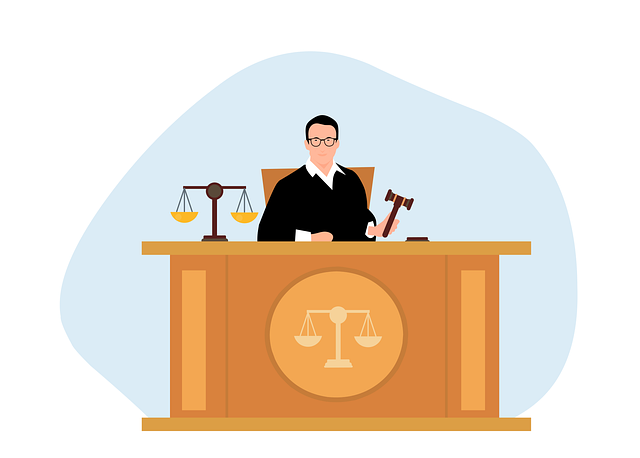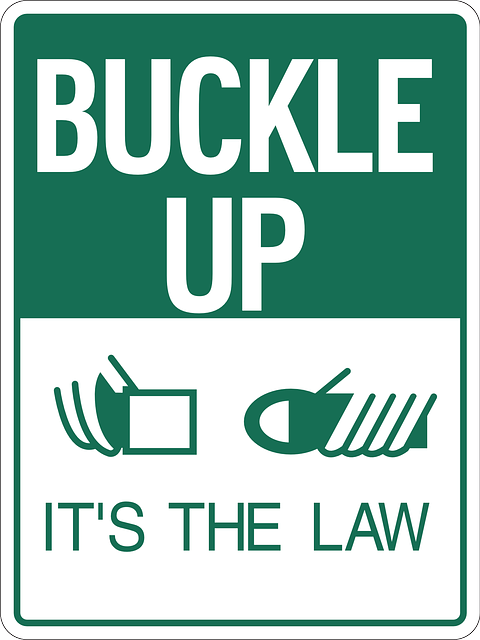The Right to a Fair Trial, as defined by the Constitution, is a cornerstone of criminal law, balancing investigation, evidence collection, and court presentations while protecting accused individuals. This ensures public trust in law enforcement and justice, with successful outcomes including indictment avoidance or charge dismissal. Legal professionals play a crucial role in upholding due process, scrutinizing evidence, and challenging testimonies to safeguard individual liberties, especially in complex cases like white-collar crime. Modern challenges include balancing public safety and civil liberties, adapting to evolving crime patterns, and navigating digital evidence, requiring careful strategies to maintain transparency and fairness.
Criminal law enforcement is the cornerstone of any just society, ensuring public safety while upholding individual rights guaranteed by the constitution. This comprehensive guide delves into the multifaceted world of criminal justice, exploring key components such as understanding criminal law, the sacred right to a fair trial within the constitutional framework, and the intricate processes ensuring due process. We also examine the delicate balance between public safety and civil liberties in modern criminal law enforcement.
- Understanding Criminal Law Enforcement: A Foundation for Justice
- The Right to a Fair Trial: Protecting Individual Rights Within the Constitution
- Processes and Procedures: Ensuring Due Process in Criminal Cases
- Balancing Public Safety and Civil Liberties: Challenges in Modern Criminal Law Enforcement
Understanding Criminal Law Enforcement: A Foundation for Justice

Criminal law enforcement is a complex system designed to uphold justice and protect society. At its core, it ensures that individuals accused of committing crimes are afforded their fundamental right to a fair trial as guaranteed by the Constitution. This process involves a delicate balance between investigating alleged offenses, gathering evidence, and presenting cases in court while respecting the rights of the accused.
Understanding this foundation is crucial because it shapes public trust in law enforcement agencies across the country. Navigating the system with integrity ensures that justice is not only served but also perceived as such. Avoiding indictment or securing a complete dismissal of all charges are outcomes that reflect a successful criminal law enforcement strategy, demonstrating fairness and the rule of law in action.
The Right to a Fair Trial: Protecting Individual Rights Within the Constitution

The Right to a Fair Trial is a cornerstone of our legal system, enshrined within the Constitution to protect individual rights. It ensures that every person accused of a crime receives a just and impartial hearing, giving them a fair chance to defend themselves against allegations. This fundamental principle guarantees the due process of law, which includes the right to be informed of charges, confront witnesses, and have legal representation.
Within the context of Criminal Law Enforcement, this means that suspects are protected from arbitrary or biased decisions. The Constitution mandates that evidence presented in court must be admissible and obtained through lawful means, ensuring no coercion or infringement on civil liberties. This safeguard is vital for maintaining public trust in the justice system, as it ensures that the respective business of law enforcement is conducted fairly, for his clients’ protection, and in accordance with general criminal defense practices.
Processes and Procedures: Ensuring Due Process in Criminal Cases

In the realm of criminal law enforcement, ensuring due process is paramount to upholding the integrity of the justice system. The right to a fair trial, as guaranteed by the Constitution, is a cornerstone of any democratic society. This involves a meticulous dance of processes and procedures designed to protect the accused while also providing a thorough investigation into alleged crimes. Every step, from the initial arrest to the final verdict, must be executed with precision to safeguard individual liberties.
A general criminal defense strategy, for instance, focuses on navigating these processes, challenging evidence, and questioning witness testimonies. Even in complex cases like white-collar and economic crimes, legal professionals play a pivotal role in ensuring due process. They advocate for their clients’ rights, ensuring that the state bears the burden of proof and that no individual faces a complete dismissal of all charges without a thorough examination of the facts and legal merits.
Balancing Public Safety and Civil Liberties: Challenges in Modern Criminal Law Enforcement

Modern criminal law enforcement faces a delicate balance between ensuring public safety and upholding civil liberties as guaranteed by the Constitution. This challenge is exacerbated by evolving crime patterns, such as an increase in white-collar and economic crimes, which often require nuanced investigative approaches. Law enforcement agencies must navigate complex legal terrain to avoid overreach that could infringe on individuals’ rights, while also addressing societal concerns for justice and accountability.
The pursuit of justice requires a careful consideration of procedures that safeguard the Right to a Fair Trial. In particular, the shift towards digital evidence and remote proceedings has introduced new complexities in preserving due process. While these innovations can enhance efficiency, they must be implemented with an eye toward preventing unfair indictment and ensuring transparency, especially in cases involving intricate financial transactions or sensitive data. Effective strategies for balancing public safety and civil liberties involve striking a delicate equilibrium between robust investigative powers and the fundamental rights secured by the Constitution.
In conclusion, effective criminal law enforcement requires a delicate balance between upholding the Right to a Fair Trial as guaranteed by the Constitution and ensuring public safety. Understanding the foundational principles, navigating complex procedures, and recognizing the ongoing challenges are essential steps towards a just and equitable legal system. This article has provided a comprehensive overview of these crucial aspects, highlighting the importance of due process and individual rights in modern criminal law enforcement.






